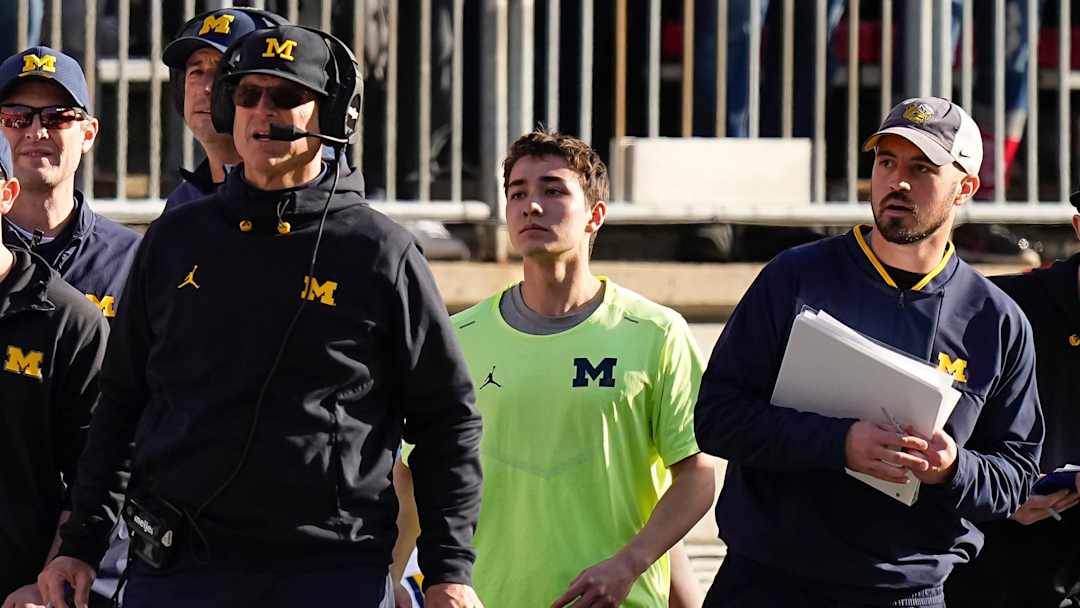The University of Michigan’s football program appeared before the NCAA Committee on Infractions this week in a closed-door hearing to address a series of alleged rules violations tied to its head coach, Jim Harbaugh, and his staff. The case stems from a 2020 investigation into impermissible in-person recruiting contacts and coaching activities during the NCAA-imposed COVID-19 dead period.
At the heart of the case is Harbaugh’s alleged failure to cooperate with NCAA enforcement staff and his provision of false or misleading information during the initial stages of the investigation. While the actual infractions — minor recruiting violations and unauthorized coaching by analysts — may have been deemed Level II, Harbaugh’s conduct allegedly escalated the matter to a more serious Level I violation.
Michigan self-imposed a three-game suspension on Harbaugh at the start of the 2023 season in an effort to show institutional control and mitigate potential NCAA sanctions. However, the NCAA enforcement process continued, and the case ultimately proceeded to the infractions committee, which has the authority to impose penalties including further suspensions, probation, scholarship reductions, or recruiting limitations.
During the hearing, Michigan reportedly emphasized its cooperation since the investigation’s early stages and pointed to internal efforts to reinforce compliance protocols. The university’s legal team argued that Harbaugh’s statements were not intended to mislead investigators but were the result of a misunderstanding about the facts in question.
The NCAA enforcement staff, meanwhile, maintained that the violations and Harbaugh’s conduct merited serious scrutiny. The staff underscored the importance of head coach accountability, a principle that has been central to recent NCAA reforms aimed at reinforcing integrity across collegiate sports.
A final ruling from the Committee on Infractions is expected in the coming months, though the NCAA does not operate on a fixed timeline for decisions. If the committee determines that Level I violations occurred, Michigan could face stiffer penalties beyond the self-imposed suspension.
This case comes amid heightened attention on NCAA enforcement, particularly regarding how programs navigate recruiting during times of disruption. For Michigan, the outcome could impact not only its leadership but also its national reputation as it continues to compete at the highest levels of college football.
